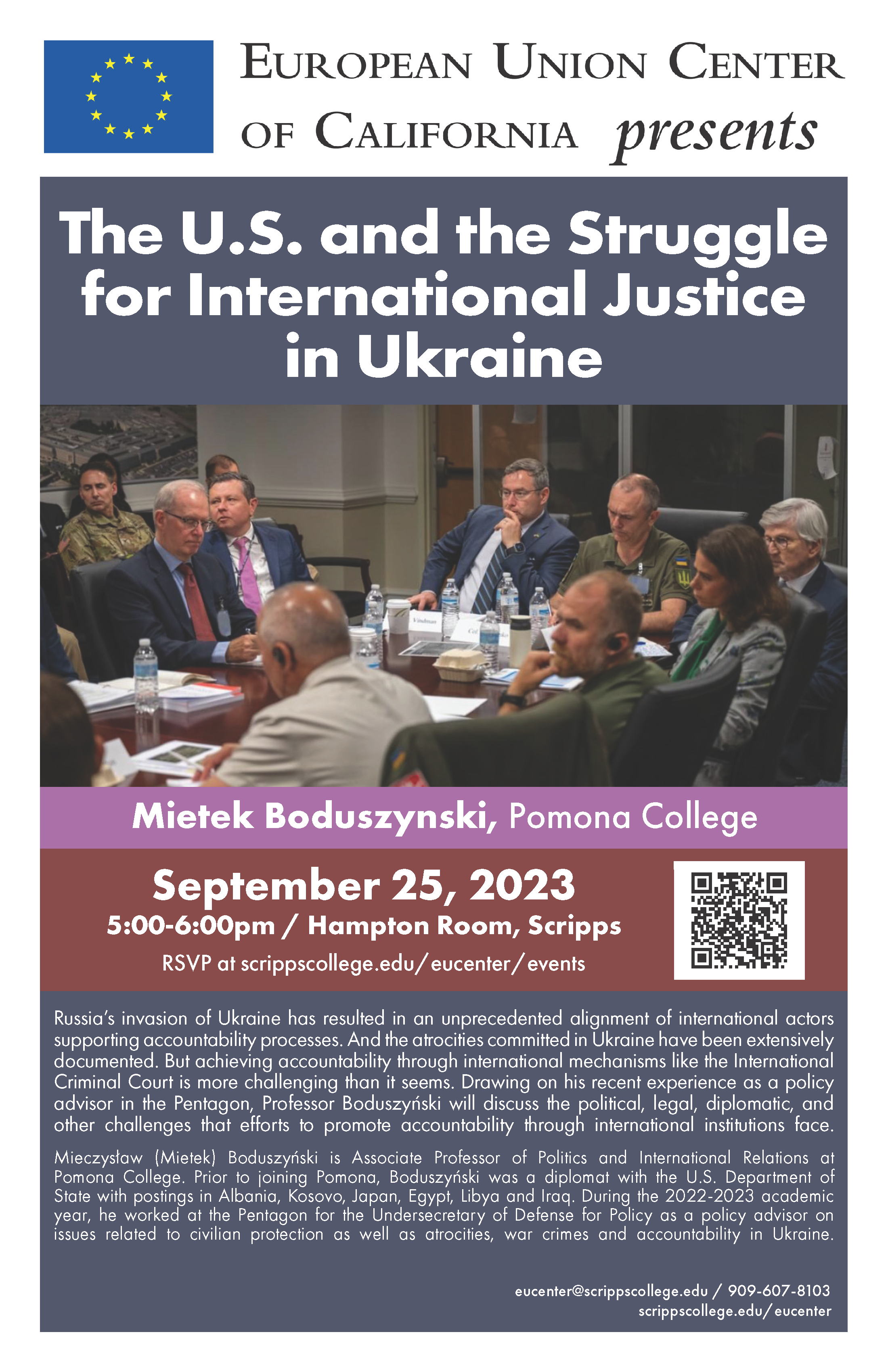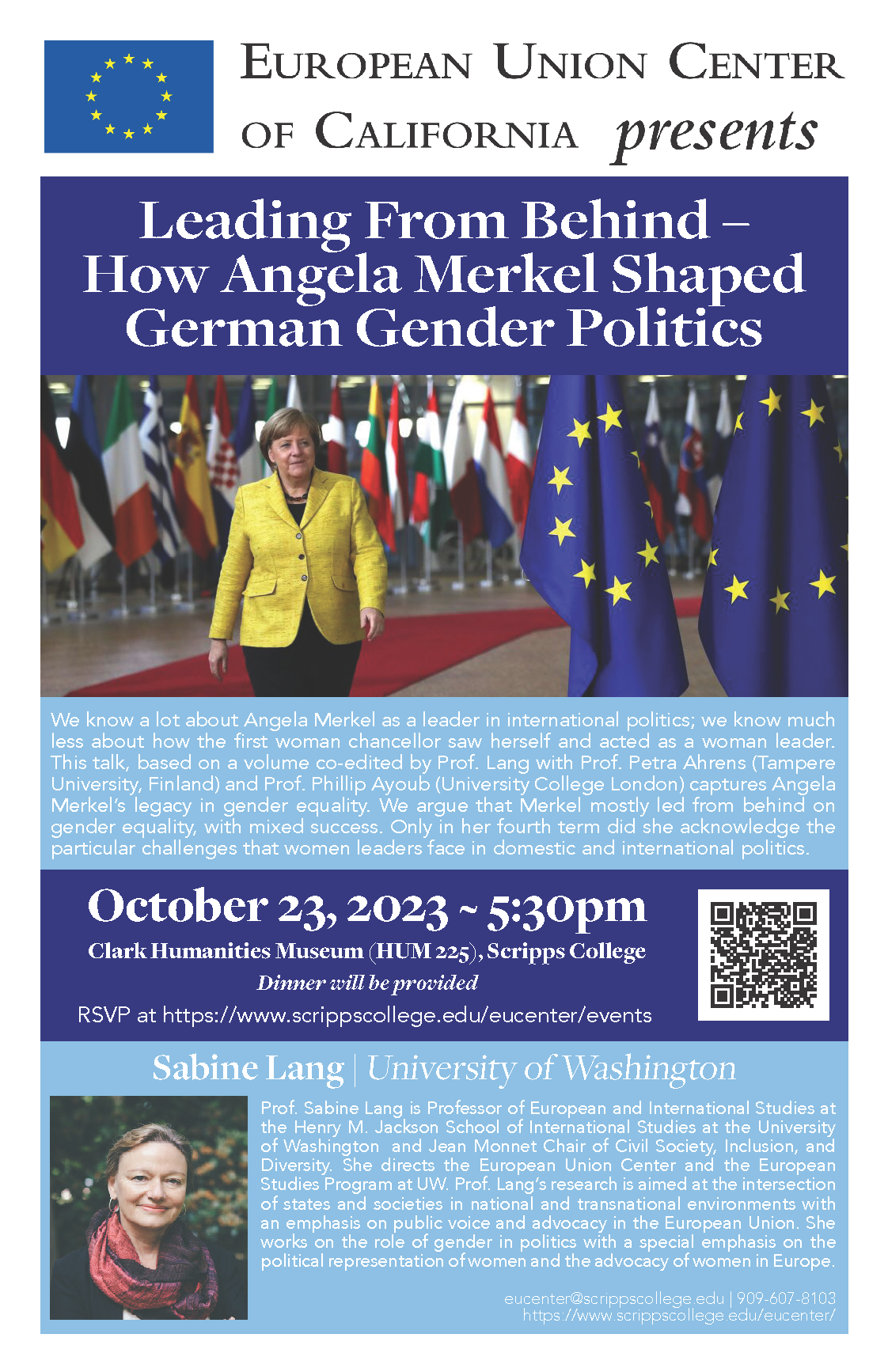The Difference a Date Makes: “9/11” versus “1973” in the Global History of NYC
Vita Nova 100, Scripps CollegeDARA ORENSTEIN, George Washington University September 11, 2023, 5:00-6:00pm Vita Nova, Scripps College RSVP HERE It seems safe to say that the Twin Towers stand for globalism. Ever since they fell on the morning of September 11, 2001, they have endured as something much larger than local landmarks. Whether abstracted on magazine covers, sanctified in street […]









